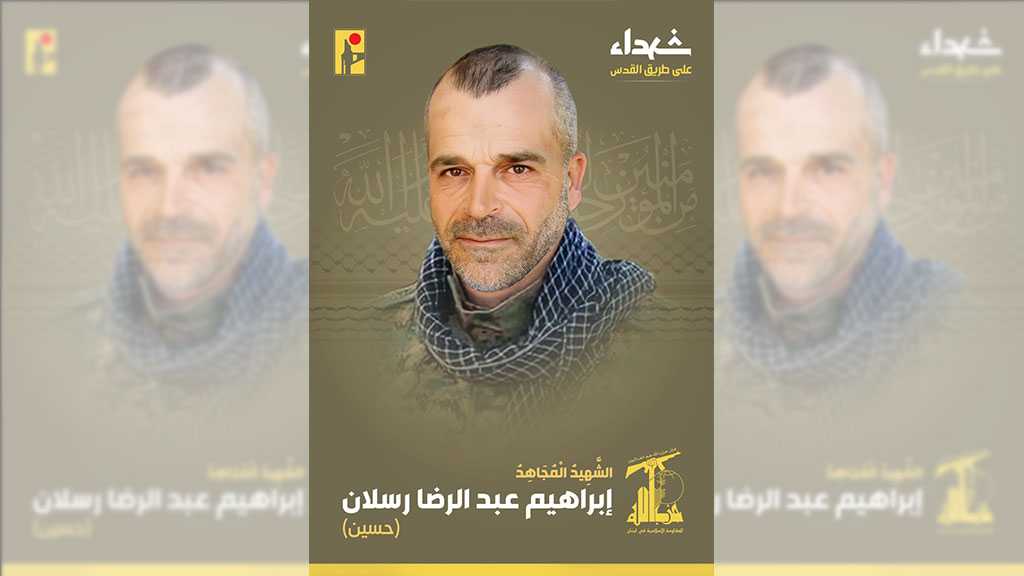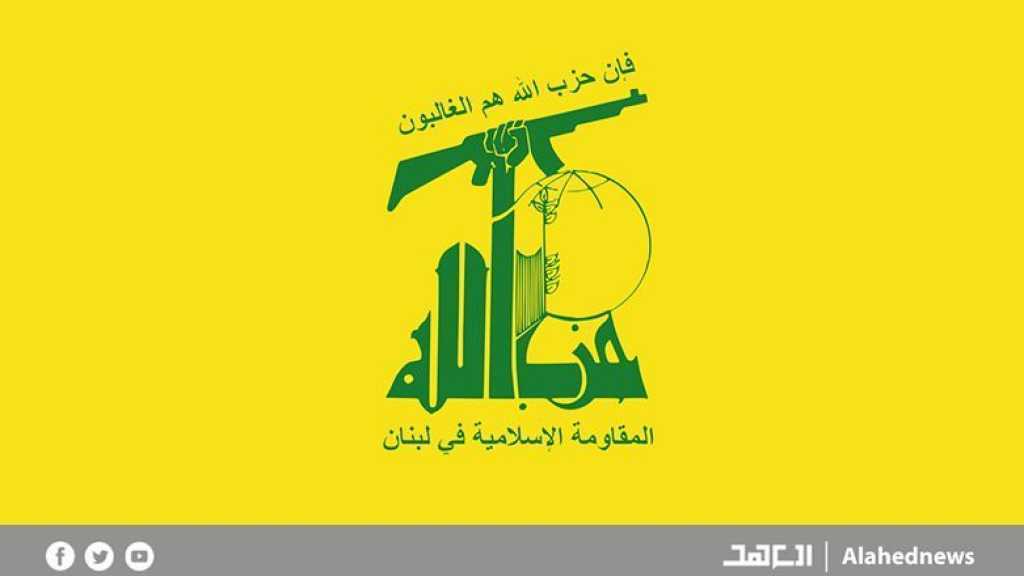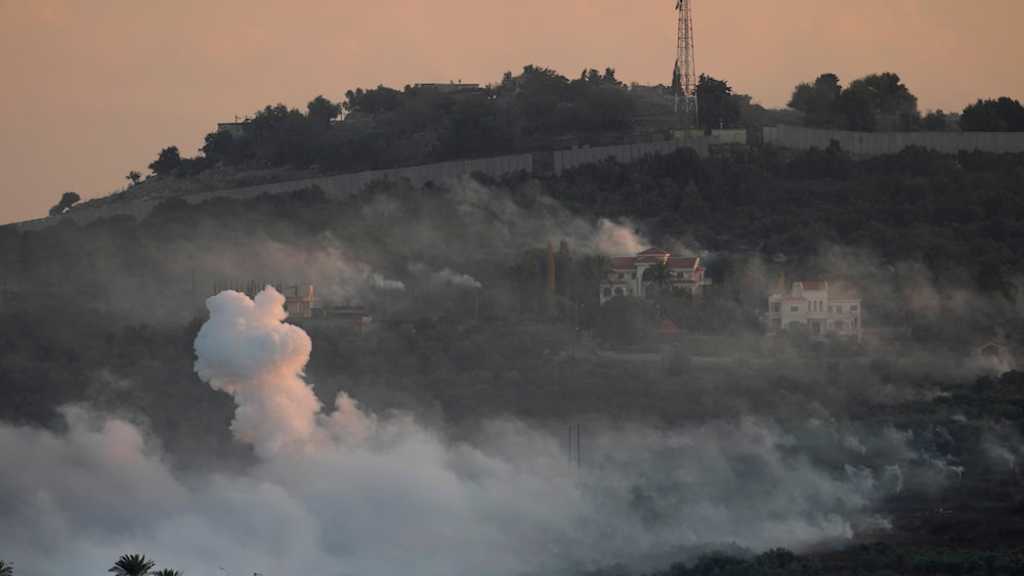
Lebanese President: It’s Everybody’s Responsibility to Rescue the Country, Get out Of the Dark Tunnel
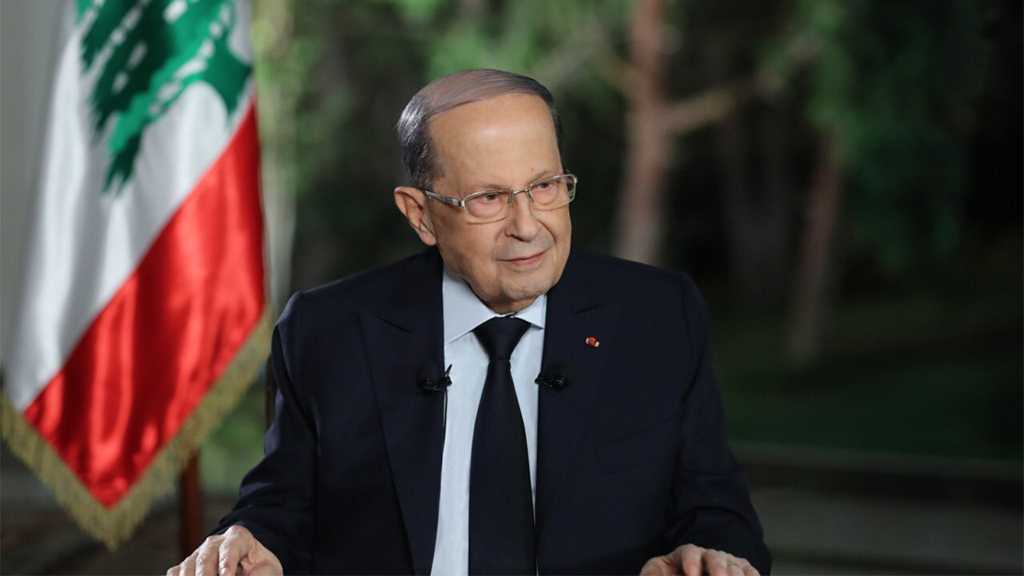
By Staff
Lebanese President Michel Aoun delivered a speech before the National Financial Meeting that was held to display the financial recovery plan ratified by the Lebanese government in the Presidential palace.
Aoun’s speech highlighted that the responsibility of the rescue that we are seeking does not befall one party, one political side, or one authority; because getting out of the dark tunnel that we are crossing is everybody’s responsibility.
“The great and dangerous weakness that has struck the economic, financial, monetary and social structure of our nation imposes on us the highest level of transparency and the greatest extent of union as well,” Aoun said, listing all causes of the country’s current crises.
Aoun further stressed that “this complicated crisis is the outcome of consecutive accumulations of wrong policies and practices that had preferred rent economy to productive, as we have warned in 48 public stances since I took office.”
These policies preferred quick profit over regular but permanent profit that comes from the sectors of production, services and knowledge. We must also add to the bad management of our public affairs other factors that have exacerbated our pathological condition, such as the changing environment around us, the effects of sporadic wars in our region, alongside our national crises entailed by our scattered consensual political decision at important intersections and milestones of our public life.
We are diagnosing the situation in order to draw lessons and treatments because what we need the most in these days is to overcome account settling and political bidding, and be united to overcome our exacerbating crisis and cover the loss incurred by all our public and private sectors.
In addition to the structural reforms that were partly sought by consecutive governments, Aoun explained that the plan aims at correcting the structural imbalances in economy and finance, ensuring social safety nets and direct assistance to the most needy, and restoring confidence in our economic and financial system.
The plan also aims at reducing public debt in a manner that shields Lebanon against future risks, placing public finance on a sustainable track, ensuring transparency through financial audit, unveiling and redressing cumulative losses at the Banque du Liban, and rehabilitating credits for productive sectors.
The plan, Aoun added, aims at implementing reform measures to promote growth and increase productivity, in addition to correcting the balance of payments and improving the economy’s competitiveness, in parallel with a financial reform that focuses on uprooting corruption, improving tax compliance, controlling waste and managing well the public sector.
The Lebanese president called on political leaders who have a popular representation that has granted them access to Parliament, to approach the plan from this perspective, in the hope of being able to restore the country’s role as an oasis of responsible and not brutal economic liberalism, under the rule of law and the logic of accountability, transparency, social justice, balanced development and sustainable reforms.
Comments
- Related News
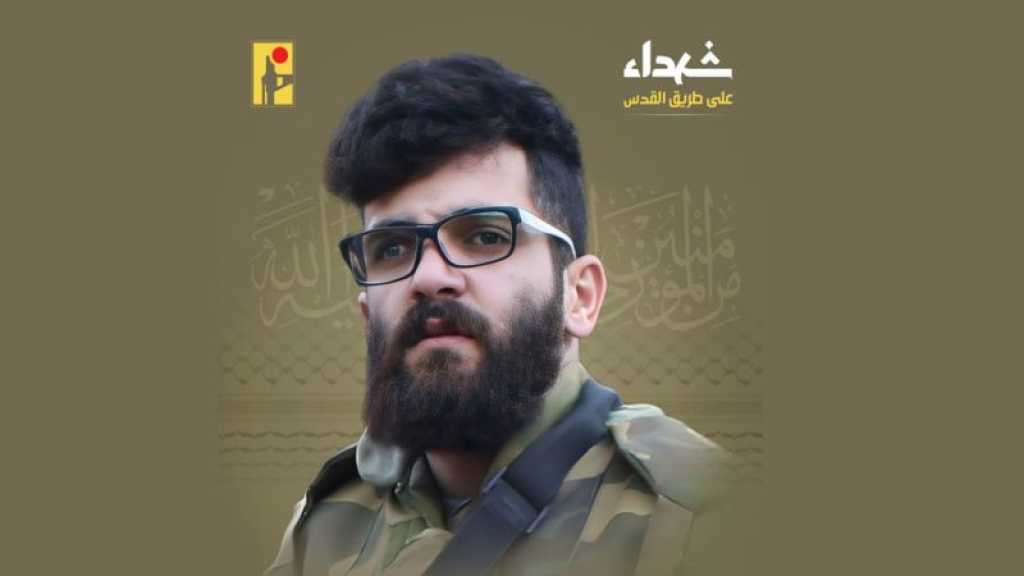
Hezbollah Mourns Martyr Hussein Nimer Masarrah
4 months ago